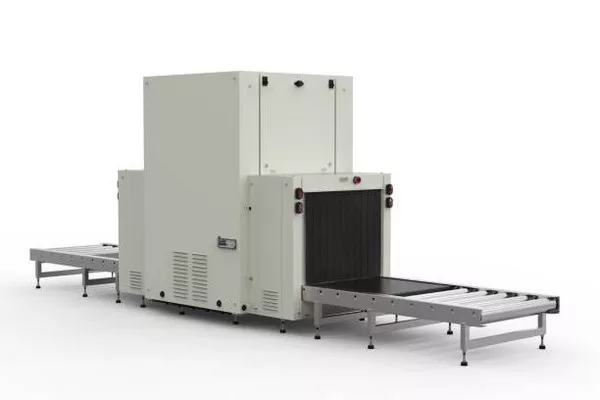Generators are essential tools that provide a reliable source of power during outages or in remote locations where electricity is not readily available. While these machines are designed to withstand various conditions, the question arises: can you leave a generator out in the rain? In this article, we will explore the potential risks and precautions associated with exposing generators to rainy weather.
Understanding Generator Types:
Before delving into the effects of rain on generators, it’s crucial to understand the different types of generators available in the market. Generators generally fall into two categories: portable generators and standby generators. Portable generators are commonly used for temporary power solutions, while standby generators are designed for more permanent installations, such as in homes or businesses.
Water Resistance Ratings:
Generators are equipped with varying degrees of water resistance based on their design and purpose. Manufacturers assign an Ingress Protection (IP) rating to indicate a generator’s level of protection against solid particles and liquids. The IP rating typically consists of two digits, with the first digit representing protection against solids and the second digit against liquids.
For example, a generator with an IPX4 rating means it is protected against splashing water from any direction. Understanding the IP rating of your generator is crucial in determining its ability to withstand exposure to rain.
The Risks of Exposing Generators to Rain:
While many generators are designed to be weather-resistant, exposing them to heavy rain or prolonged wet conditions can pose several risks:
Electrical Hazards: Water is a conductor of electricity, and when it enters a generator, it can cause short circuits or damage electrical components. This can lead to malfunctioning of the generator and, in some cases, permanent damage.
Corrosion: Rainwater contains impurities that can accelerate the corrosion of metal parts within the generator. Over time, corrosion can compromise the structural integrity and performance of the generator.
Fuel Contamination: Rainwater can seep into the fuel tank, contaminating the fuel supply. Contaminated fuel can lead to engine issues and affect the overall efficiency of the generator.
Air Intake Problems: Generators rely on proper air intake for combustion. Rainwater entering the air intake can disrupt the air-fuel mixture, causing the engine to run poorly or stall.
Precautions to Take:
While generators should ideally be protected from exposure to rain, there are steps you can take to minimize the risks associated with wet conditions:
Shelter or Cover: The most effective way to protect a generator from rain is to provide it with shelter or cover. This can be a dedicated generator shed or a simple waterproof cover. Ensure that the cover is well-ventilated to prevent heat buildup.
Elevation: Placing the generator on an elevated surface can prevent water accumulation around the machine. This can be particularly useful in areas prone to flooding or heavy rain.
Waterproof Enclosures: Consider investing in a generator that comes with a weatherproof enclosure. These enclosures are designed to protect the generator from the elements, including rain.
Regular Maintenance: Conduct regular maintenance checks, especially after exposure to rain. Inspect the generator for any signs of water entry, corrosion, or damage. Promptly address any issues to prevent further complications.
See also How Long Do Generators Last? A Comprehensive Analysis
Conclusion:
While generators are built to withstand a variety of conditions, exposing them to heavy rain poses potential risks that can compromise their performance and longevity. Understanding your generator’s water resistance rating, taking appropriate precautions, and implementing regular maintenance routines are crucial steps in ensuring the reliability of your generator, even in wet weather conditions.
Remember that prevention is key, and by taking proactive measures, you can extend the lifespan of your generator and maintain a dependable power source for when you need it most.

